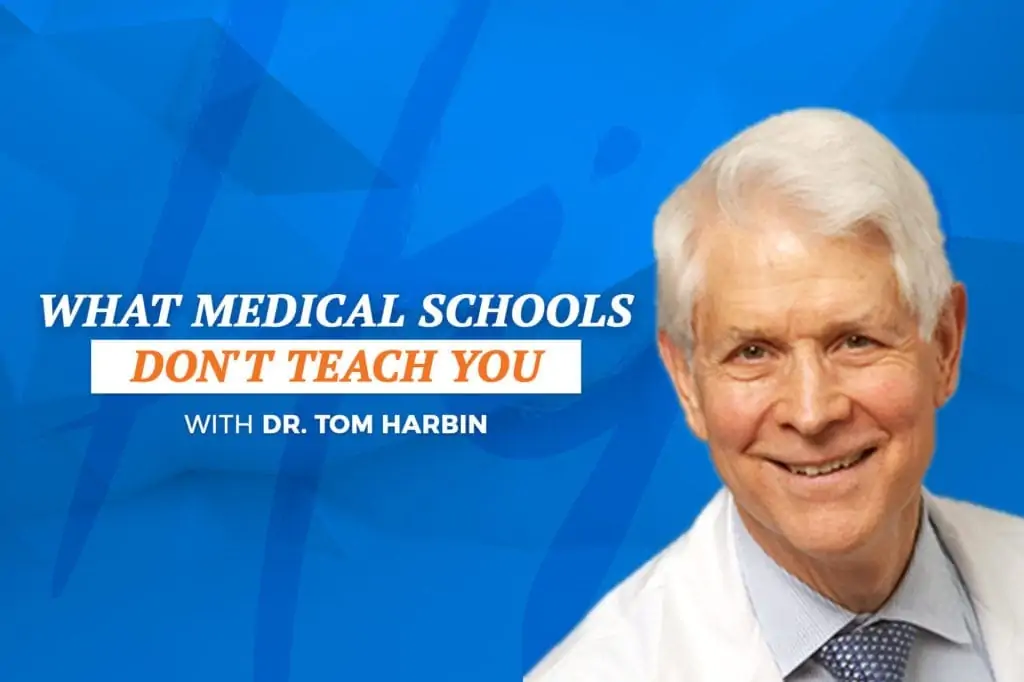Subscribe: RSS
Welcome back to another episode of All Things Business for Physicians. In this episode, we speak with Atlanta-based ophthalmologist Dr. Tom Harbin, MD, MBA.
Tune in to hear Dr. Harbin’s take on:
- What doctors can do to prepare themselves for running a business, given the dearth of business training currently available in medical school
- The importance of office culture and how to optimize it
- Common character flaws among physicians and how they affect business
- The benefits (and how-to’s) of developing a genuinely caring doctor-patient relationship
- Dr. Harbin’s personal success habits and his advice for doctors opening their own business
The following are some of Dr. Harbin’s insights:
- “I wish I had known this when I started in practice.” It’s a common lament expressed by many physicians running their own businesses, and one which Dr. Harbin experienced himself as he pursued his MBA at George State University. This pain point eventually inspired him to write about what he learned (see the resources list).
- Does medical school prepare doctors for negotiating the operational and legal matters of running a business? “Unfortunately not,” Dr. Harbin notes. Business training is consistently listed among new ophthalmologists as the number one thing they wish they had received more of in medical school, according to annual surveys from the American Academy of Ophthalmology. This trend appears to be widespread across multiple fields and specialties.
- Dr. Harbin offers several suggestions on how to mitigate this lack of business-focused training. Look, for instance, for business courses available within your community (and check with your national and local professional membership organizations). Reading business-oriented books and consulting with peers and mentors are also beneficial.
- Dr. Harbin lists office culture as the most important thing for running a successful practice. What is it exactly? As he puts it, it’s the way people in a given practice interact with patients, family members, other staff members, and the community at large—with those in a leadership position setting the cultural tone.
- To this end, recruiting employees (or joining a pre-existing practice for that matter) must take into consideration the degree to which individual personalities and values fit with the office culture. Keeping this in mind, Dr. Harbin offers helpful tips on how to find and retain the right talent, including diligent reference checking and probationary periods following initial hire.
- “A bit of humility is an order,” Dr. Harbin advises. It’s an important way to mitigate arrogance and ego, common among doctors and potentially harmful to a doctor’s business (let alone to patients and staff). He strongly recommends leadership courses and books as a way to aid with this.
- The doctor-patient relationship matters and simple strategies can be employed to improve it. In addition to remembering personal details about patients and learning how to “gracefully” exit a room, Dr. Harbin also references the importance of patient surveys—and actually using data to improve patient experience, business reputation, and profitability.
- As far as personal habits which Dr. Harbin attributes to his successful career, reading, learning, and continuing education are among the top. “Keeping an open mind” is key—and potentially another effective buffer against the physician’s tendency to act arrogantly!
You can get in touch with Dr. Harbin by visiting his website tomharbin.com or by emailing him directly at tomharbin@harbinbooks.com.
Resources from the show:
- Dr. Harbin’s book, The Business Side of Medicine: What Medical Schools Don’t Teach You
- Dr. Harbin’s other book, Waking Up Blind: Lawsuits Over Eye Surgery
- The Whitecoat Investor: A Doctor’s Guide to Personal Finance and Investing by James Dahle

